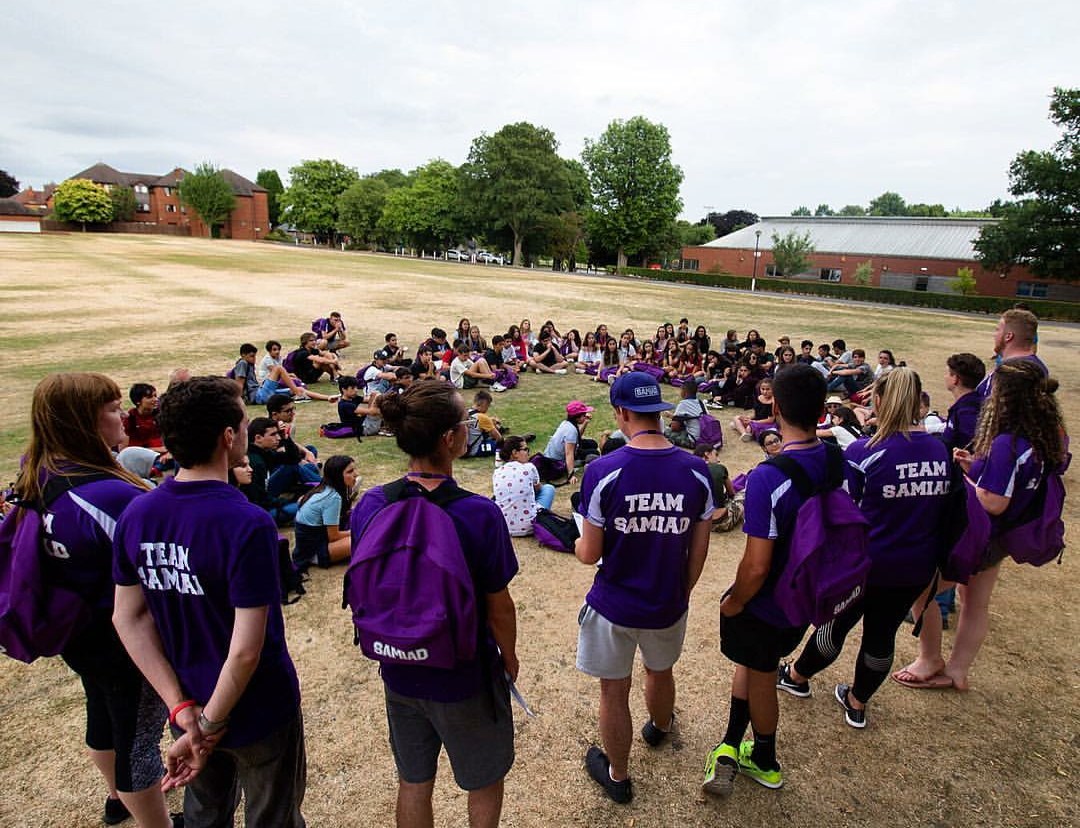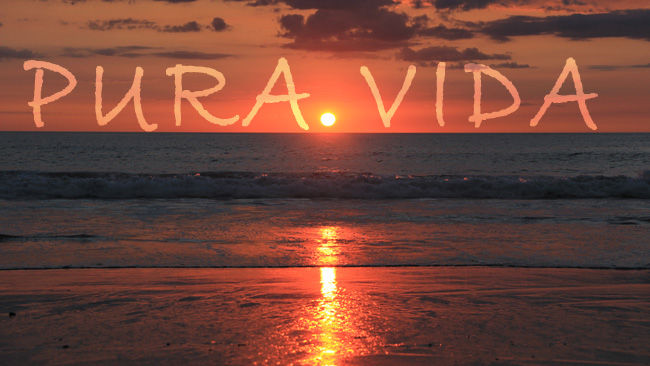Story
Rather than go straight into further education/uni, I want to do something that can make a difference so I have volunteered on a teaching internship where I will be working with children and adults in Costa Rica from early Feb 2020.
At 18, It is all pretty daunting, the thought of saying goodbye to my family , before getting on a long flight on my own, touching down the other side of the world and becoming immersed in a completely different culture, is as scary as it is exciting, thankfully 'Spanish' is my favourite subject so at least I will be able to communicate, well a litte bit!! - but I am sure the whole thing will be an experience that I will never forget.
I love working with children and both last summer and for summer 2019, I will have worked as an 'activity leader' for 'Samiad' who run international summer schools at various centres across the UK with students from around the globe.

It would be fair to say that most of the children who attend these summer schools are from pretty privileged backgrounds so it will be just a little bit different to work with children that have very little.
Despite Costa Rica being the first country in the world to make primary education both free and obligatory in 1869, education is not readily available to everyone. Elementary and high schools can be found in every community, but many cannot afford the required uniforms, and rural schools often lack books for students. Children often spend as little as three hours in school as the class schedule is divided into two sessions in order to accommodate the number of students.
I will be based in the Quepos area of Costa Rica with my volunteering focused mainly on the community of El Cocal.
El Cocal is a partially illegal settlement, located on a small peninsula a few minutes outside of Quepos, home to Costa Ricans as well as many immigrant families from other Latin American countries, namely Nicaragua, Cuba, and Panama. Many of these people have come to Costa Rica to benefit from the political and financial stability offered, but in such a tourist-rich area as Quepos people can struggle to make ends meet unless they are able to draw an income from the foreign visitors. The illegal status of many also restricts work opportunities.
In this region of Costa Rica, much of the local economy is built on tourism. In an effort to better serve the American and European traveller population, being able to speak and write in English is important. The number one request from the local school board is for more English teachers.
In partnership with the UNPD, (United Nations Development Programme), the organisation I will be volunteering with, as well as offering free individual English classes for children, teenagers, and adults, also work in partnership with the El Cocal school, offering a space for children to come after or before school hours to learn, reinforcing the value of education.
They also get involved with construction projects, to improve community spaces and build communal gardens...so have a feeling i may be doing some digging at some point!
Having previously volunteered with our local RDA (Riding for the disabled) centre, I am also hoping that I may be able to find something similar to spend some time at in Costa Rica!
Though volunteering abroad can be an exciting adventure, it is also an expensive venture, costs including flights, travel insurance, and a program fee that covers food, lodging, training, staff support, and other project-related expenses all adds up to a pretty packet - I am also hoping to take some gifts/pens/pencils out for the children.
Any help in making my trip a reality and helping me working with the local children and community would be amazing! - I am sure there will be lots of photos and stories from my time on FB and social media :)
Pura vida
Libby xxx
** 'Pura vida'- Costa Ricans (Ticos) use this term to say hello, to say goodbye, to say everything’s great, to say everything’s cool. However, it is not the words that reflect the true meaning of Pura Vida!.
Pura Vida is the way Ticos live. Not surprisingly, Costa Rica has been named one of the happiest countries in the world, mostly because its inhabitants don’t stress about things the way most foreigners do.
Ticos have a very relaxed, simple way of looking at life. No worries, no fuss, no stress—pura vida to them means being thankful for what they have and not dwelling on the negative.
